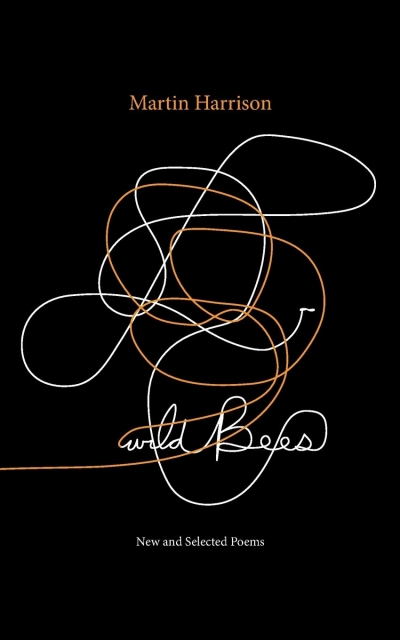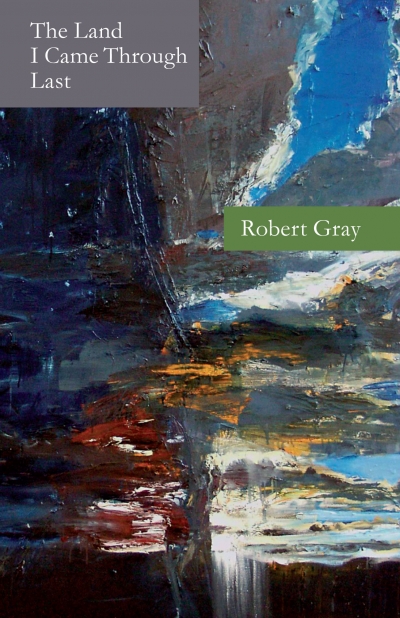The last page of Ian Templeman’s Selected Poems asks us to imagine that ‘every touch / expressing affection, left a handprint / on the heart’ that scientists could later ‘analyse, / to trace a profile of love’. Templeman envisages retired scholars who would prefer to find these traces ‘above a life of research texts’. The poem is titled ‘Night Journey’ and the scholars are ‘Approaching the dark’. It establishes the scale of values by which Templeman assesses ‘life’s puzzle’, and he is surely right: intimacy, personal relationships, the links between the generations are in the end what really matter to us, above learning, knowledge, adventure, professional achievements, and ‘research texts’. The gentleness of this poem is characteristic, and it possesses added poignancy in this Selected because of circumstance. Templeman himself is seriously ill, and the selection has been made by fellow poets Paul Hetherington and Penelope Layland. The book, explicitly ‘a gift to the author’, includes a generous introduction and is superbly produced. It is as beautiful-looking a poetry book as I have ever seen, appropriate for a poet who has been deeply involved with the visual arts.
...
(read more)







